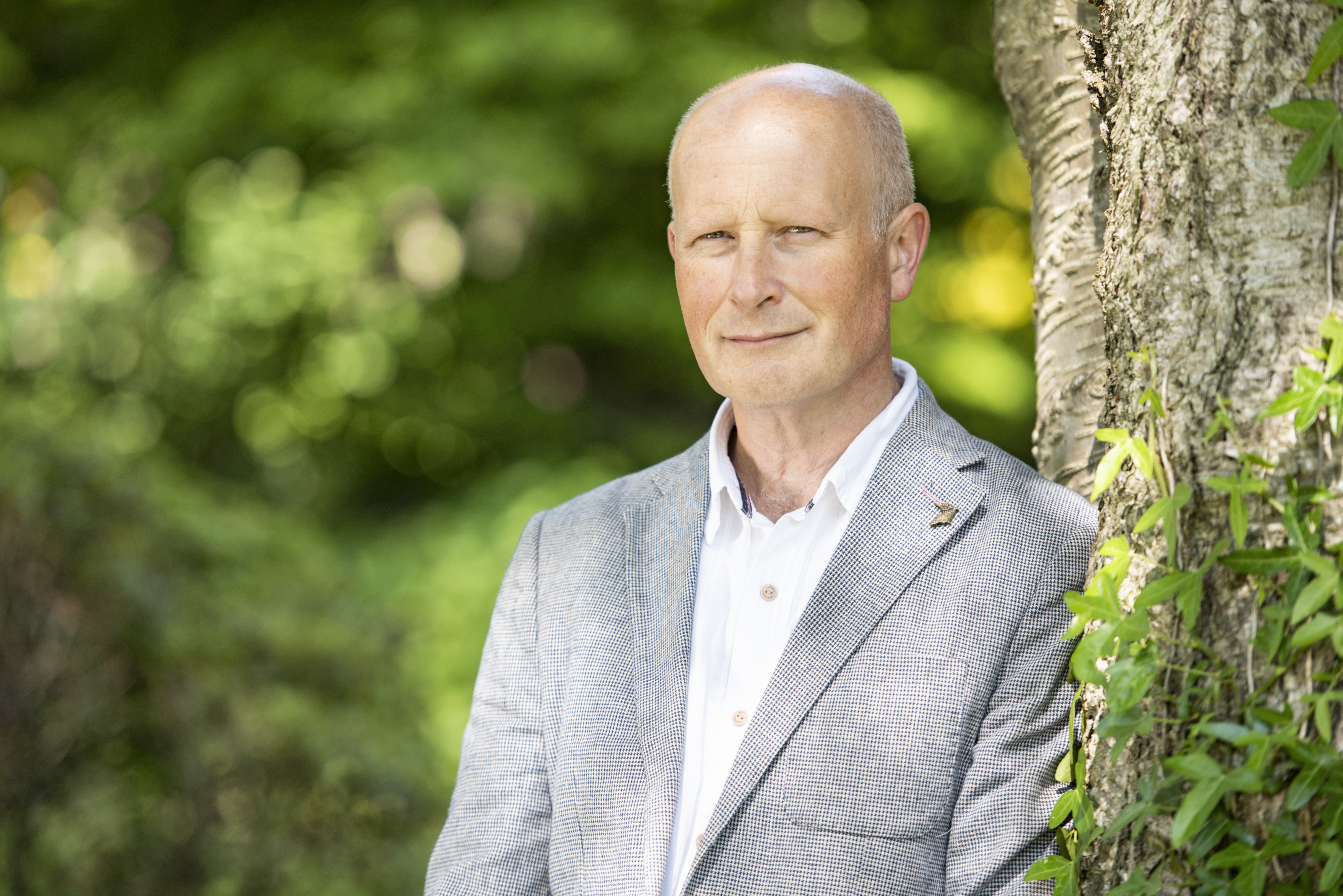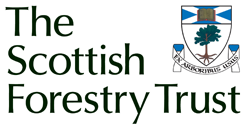June 2025. Professor David Burslem.

What is the 'day job?'
I am Interdisciplinary Director for Environment and Biodiversity at the University of Aberdeen, and a Professor of Forest Ecology in the School of Biological Sciences.
What do you do outside of the Trust?
At Aberdeen, I facilitate interdisciplinary connections across the University’s 12 Schools with external partners to stimulate research and education that addresses the challenges of climate change and biodiversity loss. I also lead my own research group focused on various dimensions of forest ecology, conservation and management.
How long have you been involved with The Scottish Forestry Trust?
I became a Trustee in January 2021.
Why did you become a Trustee?
The work of the Trust touches on my professional interests, and I was curious to learn more and contribute to judgements on allocation of funding in those areas where I have relevant experience. I was also keen to meet and learn from fellow Trustees, who have very diverse backgrounds and professional interests from the academic sector and industry.
How do you view the role of a board member? What motivates you?
Most of my work is associated with the Trust’s Projects and Research Committee, which receives and reviews all applications for grant support. We have to make informed judgements on which projects to support and provide constructive feedback on those that need further work before being considered ready for support. The Trust’s resources are inevitably limited, and the role of the Trustees is to identify those ideas with the greatest potential for impact, balanced by our judgements about their feasibility. As a beneficiary of grant support from multiple sources (but never The Scottish Forestry Trust!), I feel a responsibility to contribute to these important decisions.
What do you bring to the Trust?
Primarily, I bring my passion for trees and forests, inspired by my career, colleagues and students! My research and teaching commitments mean that I spend a lot of time working in forests in the UK and overseas, and I hope this experience informs my understanding and judgement about the ideas presented in applications. I also spend a lot of time reviewing proposals for financial support by other grant-awarding bodies, which is useful for calibrating the quality of projects approved by the Trust against the wider sector.
What do you gain from involvement with the Trust?
I have expanded my understanding of the UK forest industry, especially in areas where I had limited prior knowledge, such as timber processing and wood properties. I have also expanded my network of professional and personal contacts in UK forestry. The applications to the Trust are often at the cutting edge of research and innovation in the sector, and the requirement to engage with these topics has enriched my understanding of fields outside my core areas of interest.
In your opinion, what are the most important challenges and opportunities facing the Trust?
The demands on the Trust’s limited resources will continue to increase. This is partly because the Trust is becoming better known among potential beneficiaries of grants, resulting from the strong promotional work of the current and former Executive Directors. This increase in demand is also driven by changes in the global funding environment, which is increasing pressure on academic and other public sector institutions to look externally to support research and education. The increasing competitiveness of our grant schemes is a challenge for Trustees and applicants, but also presents an opportunity to select and support applications of even greater merit, driving the quality threshold higher. An increasing number and diversity of applicants will also strengthen the Trust’s relationship with a widening range of co-funding partners.
Looking ahead, what are you most excited about over the next 12 months?
One relatively unusual (for me) aspect of serving on the Trust’s Projects and Research Committee is that we observe the progression of projects from application through to completion and, for PhD students funded by bursaries, to graduation and publication of outputs. This contrasts with service on many other (standalone) peer review panels, where panellists don’t generally stay connected to the outcomes of their funding decisions so directly. Having now served on the Projects and Research Committee for over four years, many of the projects and PhD Scholarships nearing completion were proposed during my early tenure, which presents an exciting opportunity to evaluate the quality of our collective decisions. The recent Bursary Student Symposium at the University of Stirling, featuring presentations by Trust-funded PhD students, highlighted the Trust’s role in supporting the next generation of forest scientists and practitioners. The strength of this emerging cohort provides reassurance of the Trust’s reach and significance.
